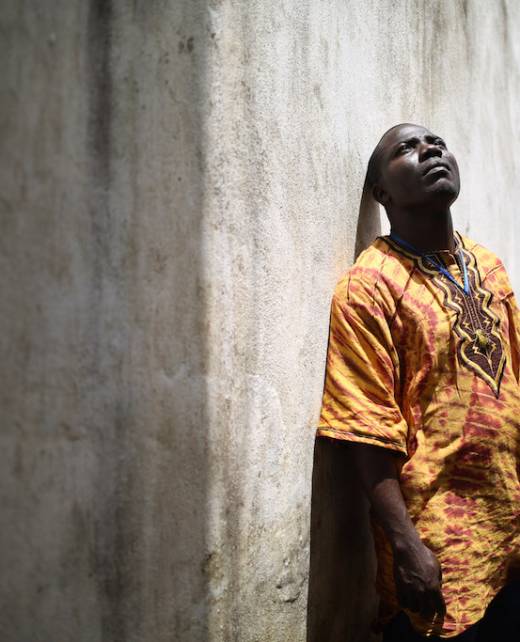
Eliminating the stigma associated with addiction.
Stigma is understood as a social phenomenon that arises from the processes of labeling, stereotyping, separation, loss of status, and discrimination, all of which occur within a framework of power dynamics (Link & Phelan, 2001). It is acknowledged as a primary contributor to health disparities (Hatzenbuehler et al., 2013).
Many families and loved ones often distance themselves from individuals struggling with drug addiction, perceiving them as a source of shame. Additionally, some view these individuals as inherently dangerous, leading to further stigmatization. However, through the programs and educational initiatives offered by BFFDA, we encourage these families to demonstrate love and support, as such affection can significantly aid in the recovery process for those battling addiction.
Stigma has been mitigated by altering perceptions and increasing the visibility of individuals in recovery. It is essential for the community to establish a prominent social identity centered around recovery and purposeful engagement.
BE FREE FROM DRUG ADDICTION (BFFDA) has successfully fostered such a social identity, focusing on how stigma can be confronted through proactive and visible community involvement. As a nonprofit organization, BFFDA aims to provide training and employment opportunities for individuals struggling with drug and alcohol addiction. Our success stories illustrate the positive impact of helping individuals overcome their addictions. These narratives contribute to a highly visible recovery community, where the celebration of recovery milestones has transformed the attitudes and perceptions of some surrounding communities.
An alternative approach we address stigma is as follows:
- Raising awareness among the public and professionals regarding substance use disorders and the impact of stigma is essential.
- In our written communications, we have also guided journalists to be mindful of their language, emphasizing that individuals who use substances are, above all, human beings.
- Advocate against the stigma associated with substance use.
- Inform the public and professionals that the use of medications for substance use disorders is an evidence-based practice, particularly when integrated with group and individual therapy sessions
- Practice active listening while refraining from judgment.
- Ensure that all individuals are treated with dignity and respect.
- Steer clear of harmful or dehumanizing terminology.
- Advocate for equality and parity in healthcare coverage.
- Lobby government officials for reduced criminal penalties for individuals who use drugs and for the repeal of laws that contribute to stigma.
- Utilize social media platforms to disseminate this important message.

Numerous studies indicate that language plays a significant role in perpetuating the stigma associated with substance use. This stigma can create obstacles in critical areas such as healthcare, employment, insurance, and legal matters for those seeking recovery and wishing to contribute positively to society. There are various ways to foster a more inclusive society, beginning with grassroots efforts like mindful language choices. Each individual must actively strive to employ de-stigmatizing language when discussing substance use and those affected by substance use disorders.


